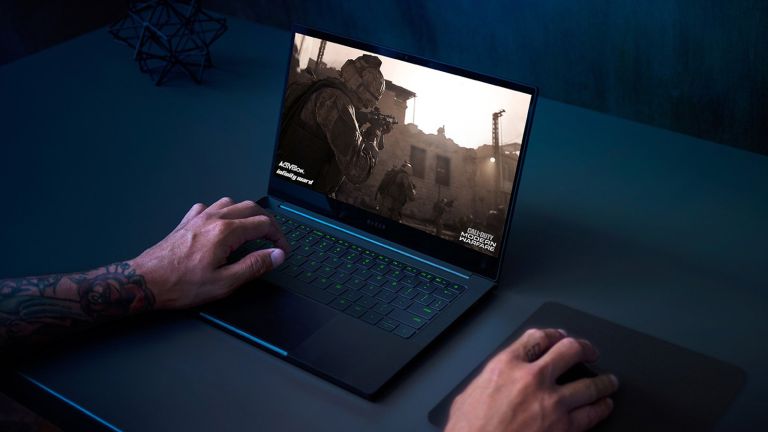Introduction to Solo Queue Mastery
Solo queue in League of Legends tests individual skill, resilience, and adaptability. Unlike team play, where coordination and strategy are planned, solo queue challenges you to succeed in a dynamic environment with four other players of varying skills and attitudes. Climbing the ranks in a solo queue requires not just mechanical skill but also a strategic mindset, effective communication, and emotional control. This guide aims to equip you with the knowledge and tools to navigate the complexities of solo queue and achieve your ranked aspirations.
Understanding the Meta: Choosing the Right Champions
The meta, or the most effective tactics available, shifts with game updates and patches, influencing which champions are strongest at any given time. Success in a solo queue often starts with selecting the right champions to play. Focus on a small pool of solid champions in the current meta and align with your playstyle. This balance ensures you can play effectively and enjoy the process, two critical components of climbing ranks.
Lane Mastery and Map Awareness
Dominating your lane and having keen map awareness is foundational to carrying games in a solo queue. Understanding your champion’s matchups, knowing when to play aggressively or defensively, and recognizing roaming opportunities can significantly impact the game’s outcome. Equally, map awareness—keeping an eye on enemy movements, tracking the jungler, and being aware of potential ganks—can prevent deaths and capitalize on enemy mistakes.
Effective Communication and Teamwork in Solo Queue
Communication in the solo queue can be challenging but is crucial for coordinating objectives, team fights, and strategies. Use pings effectively to alert teammates to dangers, objectives, or gank opportunities. Positive reinforcement can also enhance team morale, leading to better team dynamics and increased chances of victory. Remember, a well-timed “Good job!” can go a long way.
Mental Toughness: Dealing with Tilt and Toxicity
Solo queues can be a breeding ground for tilt and toxicity, but overcoming these challenges is part of climbing the ranks. Develop strategies to maintain a positive mindset, such as taking short breaks after tough games or focusing on your own performance rather than the game’s outcome. When faced with toxicity, use the mute button liberally—your focus should be on the game, not on arguing.
Advanced Gameplay Tactics: When and How to Split Push, Team Fight, and Secure Objectives
Understanding when to split push, join team fights, or prioritize objectives can drastically affect the game’s outcome in solo queue. Split pushing is a powerful strategy when you can apply pressure without being caught, but it requires good map awareness and understanding of enemy positions. Conversely, knowing when to group for team fights or secure objectives like Dragon, Baron, or Turrets can swing the momentum in your favor. Constantly assess your team’s composition and the state of the game: Are you stronger in team fights, or is it better to apply pressure across the map? Prioritizing objectives and communicating these intentions to your team, even in a solo queue, can lead to more coordinated efforts and victories.
Reviewing Your Gameplay: Learning from Mistakes
One of the most effective ways to improve in a solo queue is to review your gameplay. Analyzing replays can reveal mistakes and areas for improvement that need to be made apparent in the heat of the moment. Focus on crucial moments: deaths, missed objectives, or failed team fights. Ask yourself what could have been done differently and identify patterns in your play that may be holding you back. Setting specific, actionable goals based on these reviews (e.g., reducing unnecessary deaths, improving CS per minute, or better ward placement) can help focus your improvement efforts and make your practice more effective.
Smurf Accounts: A Fresh Start
In the quest for solo queue success, some players consider purchasing a LoL account to start anew or practice in a lower-pressure environment. Smurf accounts, which are secondary accounts owned by experienced players, can offer a fresh perspective on the game, allowing players to experiment with new champions, roles, or strategies without affecting the rank of their main account. This approach can have advantages, especially for those looking to refine their skills in a more forgiving setting.
Conclusion:
Climbing the ranks in solo queue is a journey that tests not just your skill but your resilience, adaptability, and willingness to learn. Remember, progress in League of Legends is not linear; setbacks and plateaus are part of the process. Focus on consistent play, continual learning, and adapting to the game’s ever-changing dynamics. Embrace the challenges of solo queue as opportunities to improve, and remember that the journey is as important as the destination. With determination and the right approach, climbing the ranks and achieving your League of Legends goals is within reach.
Follow Technoroll for more!




